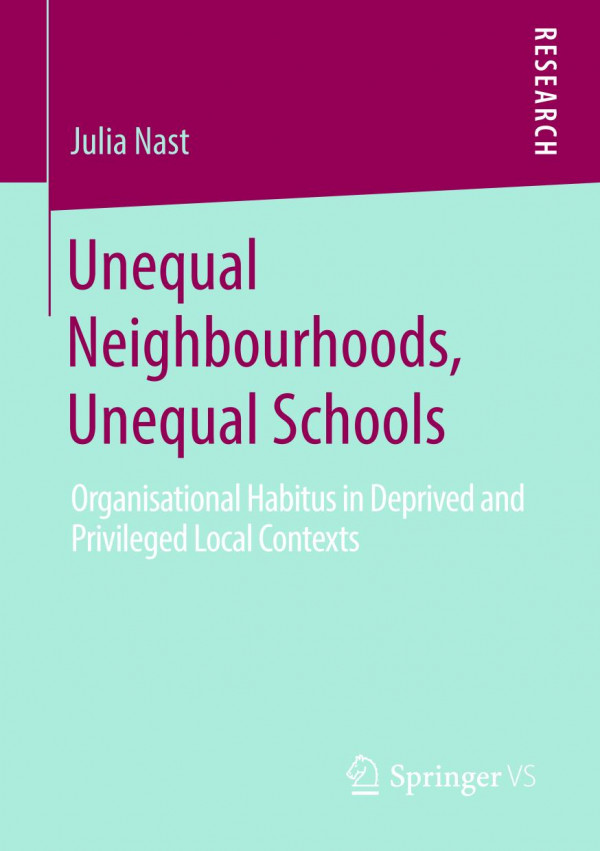

Most ebook files are in PDF format, so you can easily read them using various software such as Foxit Reader or directly on the Google Chrome browser.
Some ebook files are released by publishers in other formats such as .awz, .mobi, .epub, .fb2, etc. You may need to install specific software to read these formats on mobile/PC, such as Calibre.
Please read the tutorial at this link: https://ebookbell.com/faq
We offer FREE conversion to the popular formats you request; however, this may take some time. Therefore, right after payment, please email us, and we will try to provide the service as quickly as possible.
For some exceptional file formats or broken links (if any), please refrain from opening any disputes. Instead, email us first, and we will try to assist within a maximum of 6 hours.
EbookBell Team

4.4
92 reviewsDo schools work differently in deprived and privileged neighbourhoods? As segregation is on the rise in many cities, this book explores how different neighbourhood contexts shape public organisations, by using an innovative approach that combines a Bourdieusian perspective and new institutional theory. Based on interviews and ethnographic data from two primary schools in Berlin, Germany, it shows how local social compositions, symbolic meanings of urban areas, and neighbourhood-based policy interventions structure schools. Educational professionals adapt to these structural differences. The book analyses how teachers’ understandings and practices vary by local context – and what that means for the reproduction of urban inequality.